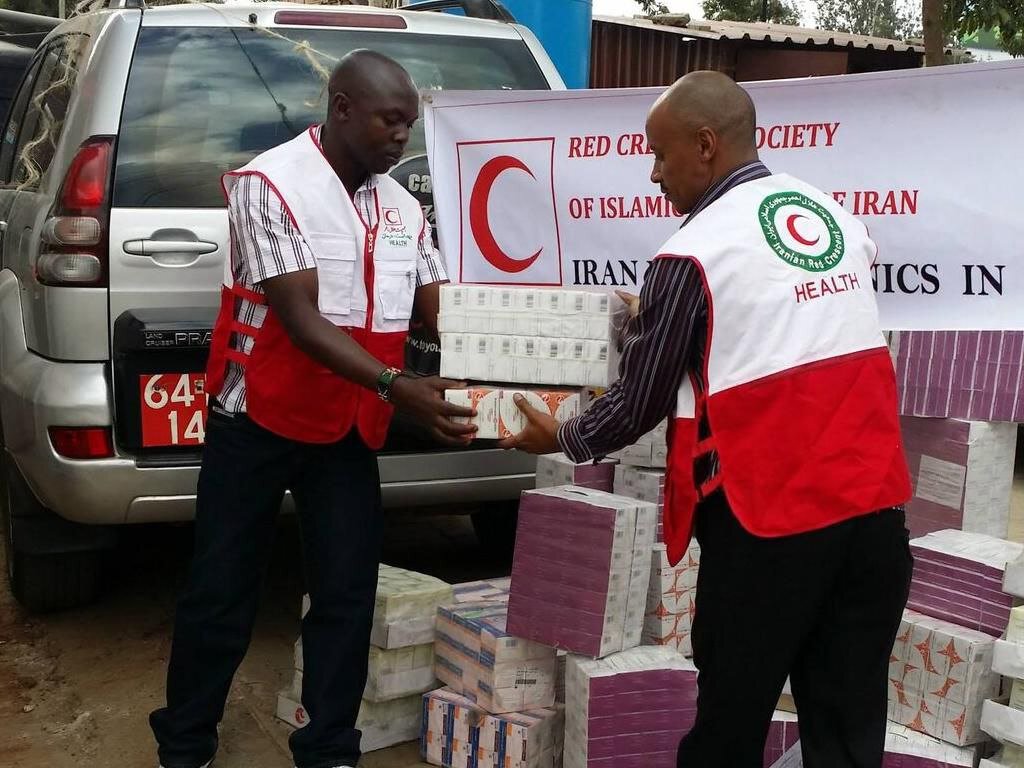
Similar Posts
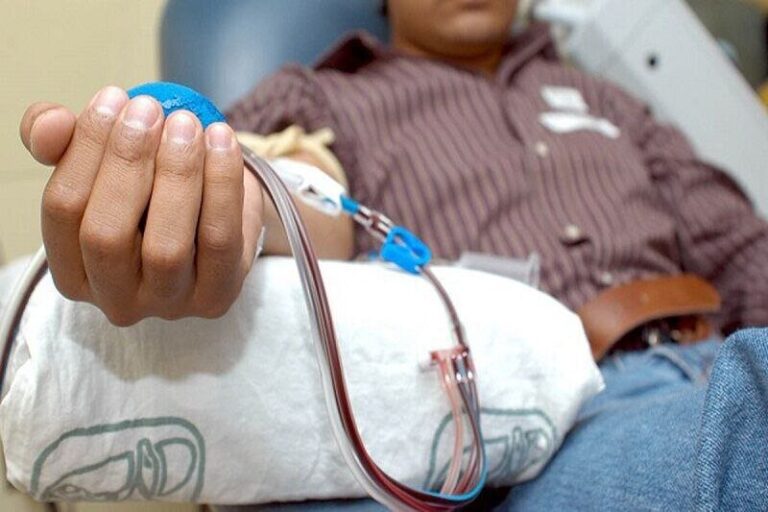
Sanctions Linked to 26 Hemophilia Deaths in Just One Year, Warns Official
Iran’s healthcare system is facing severe challenges due to sanctions, significantly impacting hemophilia patients. In the last Iranian calendar year, 26 individuals, aged 9 to 50, died from a lack of essential medications. Amin Afshar of the Iranian Hemophilia Society highlighted the FDA’s role in improving medicine distribution. With around 14,000 registered hemophilia patients, the shortage of crucial factor 8 and factor 9 medications poses serious health risks. As World Hemophilia Day emphasizes the need for better access to treatment, Iranian authorities are seeking alternative pathways to secure medical supplies amid the ongoing crisis. Immediate action is necessary to address these urgent healthcare needs.
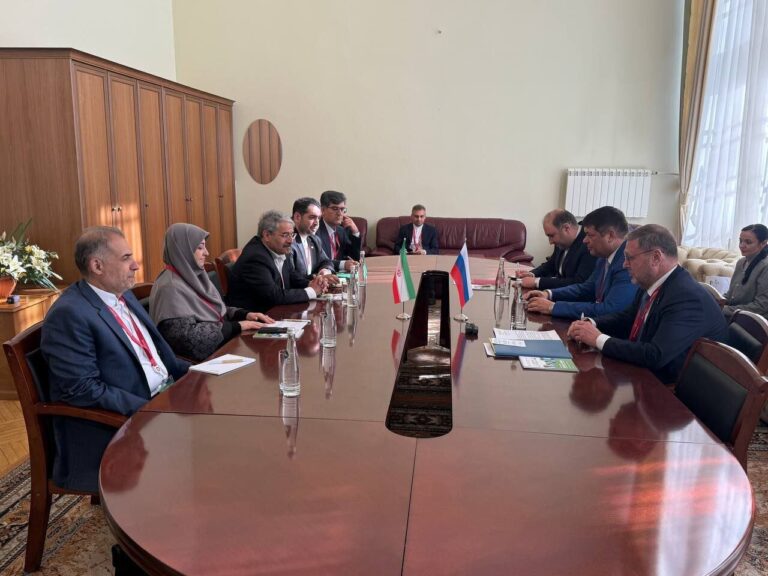
Iran and Russia Strengthen Environmental Cooperation: A New Era of Eco-Friendly Partnerships
At the 11th Nevsky International Ecological Congress, Shina Ansari, head of Iran’s Department of Environment, met with Konstantin Kosachev, deputy chairman of the Federation Council of Russia, to enhance environmental cooperation between the two nations. They discussed a strategic partnership treaty and the need for collaboration on Caspian Sea challenges, including pollution and resource management. The congress, attended by over 40 countries, focused on sustainable development and climate issues, featuring dialogues on youth involvement, food security, and green technologies. This event emphasized international collaboration to tackle pressing environmental challenges and promote innovative solutions for sustainability.

Iran Appoints Ali Teymouri as New Representative to UNCCD: A Fresh Vision for Climate Action
Iran’s Agriculture Minister, Gholamreza Nouri Qezeljeh, appointed Ali Teymouri as the country’s representative to the UN Convention to Combat Desertification (UNCCD) to address the urgent issue of desertification. Iran faces severe challenges from drought and desertification, with 61% of its land classified as arid or semi-arid. Strategies to combat sand and dust storms include enhancing collaboration with neighboring countries and implementing collective agreements. Desertification, driven by climate change and human activities, threatens sustainable development. Teymouri’s appointment reflects Iran’s commitment to sustainable practices and collaboration to combat this critical environmental issue and secure a resilient future.
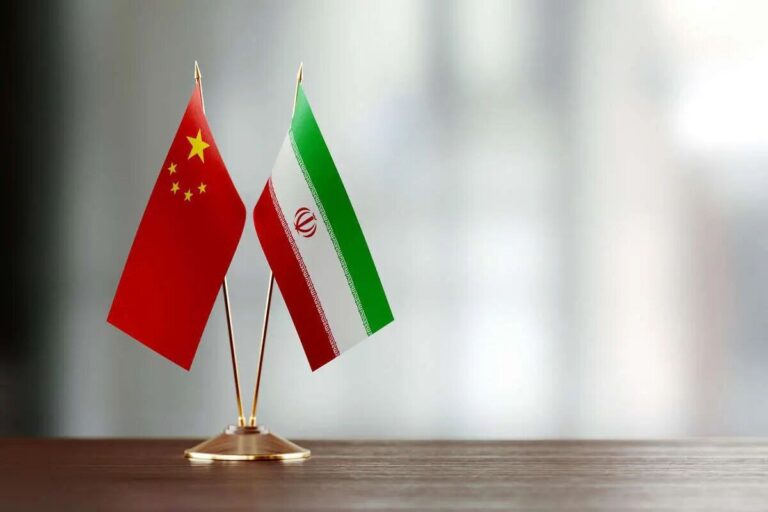
Iran and China Launch Innovative Young Scientist Program to Nurture Future Talent
The Iran-China Talented Young Scientist Program (TYSP), relaunched in October 2024, fosters scientific collaboration between young researchers from both nations, providing 53 new opportunities after interruptions due to the pandemic. Funded by the Chinese government, the program offers scholarships, full-time research placements in China for 6 to 12 months, and certification upon completion. It also supports joint research projects in energy, regenerative medicine, and environmental management, alongside workshops on climate change and AI. The initiative aims to cultivate scientific talent and strengthen international partnerships, encouraging both countries to address global challenges through innovation and collaboration.

Tehran Set to Host Inaugural Symposium on the Future of AI in Healthcare
The first symposium on artificial intelligence in health will be held in Tehran this summer, organized by Amirkabir University of Technology. It aims to unite experts to discuss AI’s potential in creating smart hospitals and improving healthcare management. Topics will include AI for hospital administration, patient experience, automation, IoT for monitoring, smart medical equipment, and ethical issues in AI implementation. A memorandum signed in January focuses on AI applications in medical treatment and knowledge-based ecosystems. The initiative aims to reduce healthcare costs, enhance treatment options, and promote health equity, especially in rural areas through telemedicine.
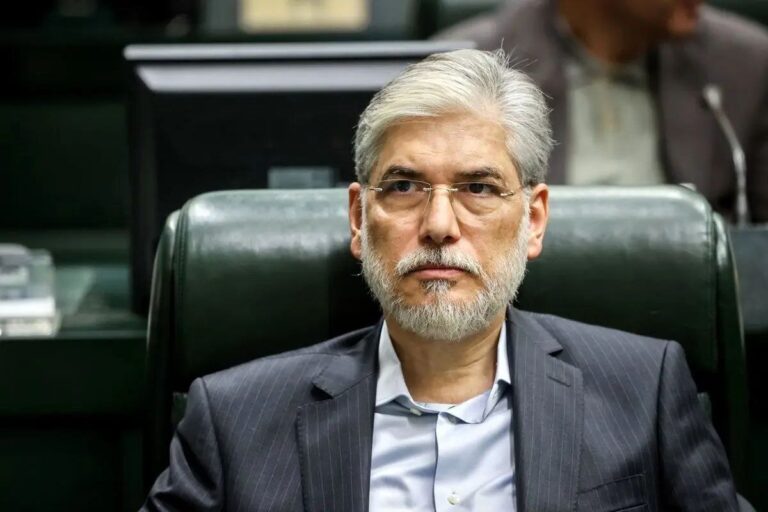
Tehran Set to Welcome OIC Science Ministers This Spring: A Hub for Innovation and Collaboration!
Iran will host the science ministers of the Organization of Islamic Cooperation (OIC) this spring, aiming to boost scientific and technological collaboration among member states. Minister Hossein Simaei-Sarraf highlighted initiatives like establishing science parks and facilitating academic exchanges. Iran ranks first among Islamic countries in neural network technology and multi-agent systems, and second in AI and robotics. Key universities contributing to this progress include the University of Tehran and Amirkabir University. Despite sanctions, Iran is committed to sharing its technological expertise, emphasizing the potential for unity and advancement among Islamic nations through collaborative efforts in science and technology.